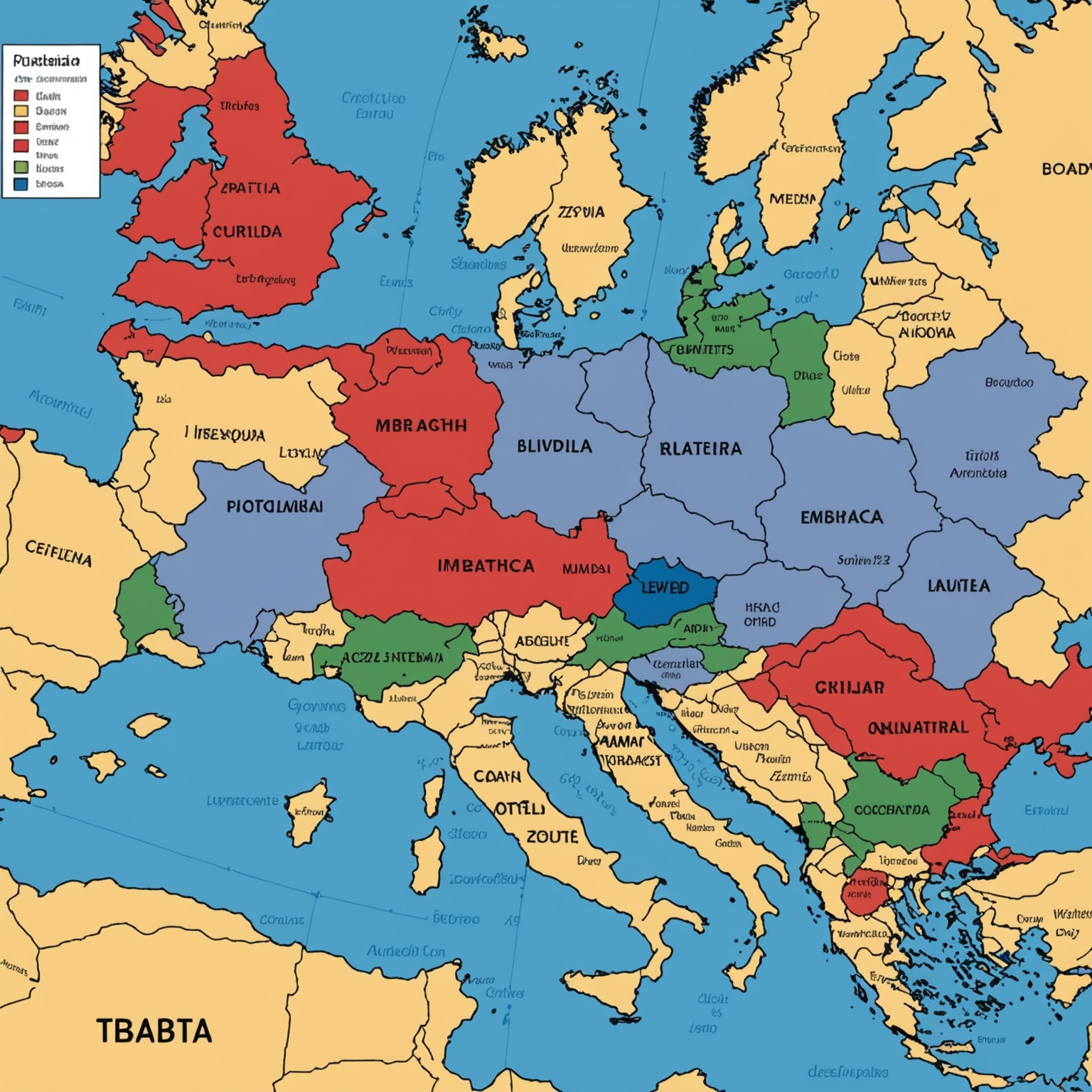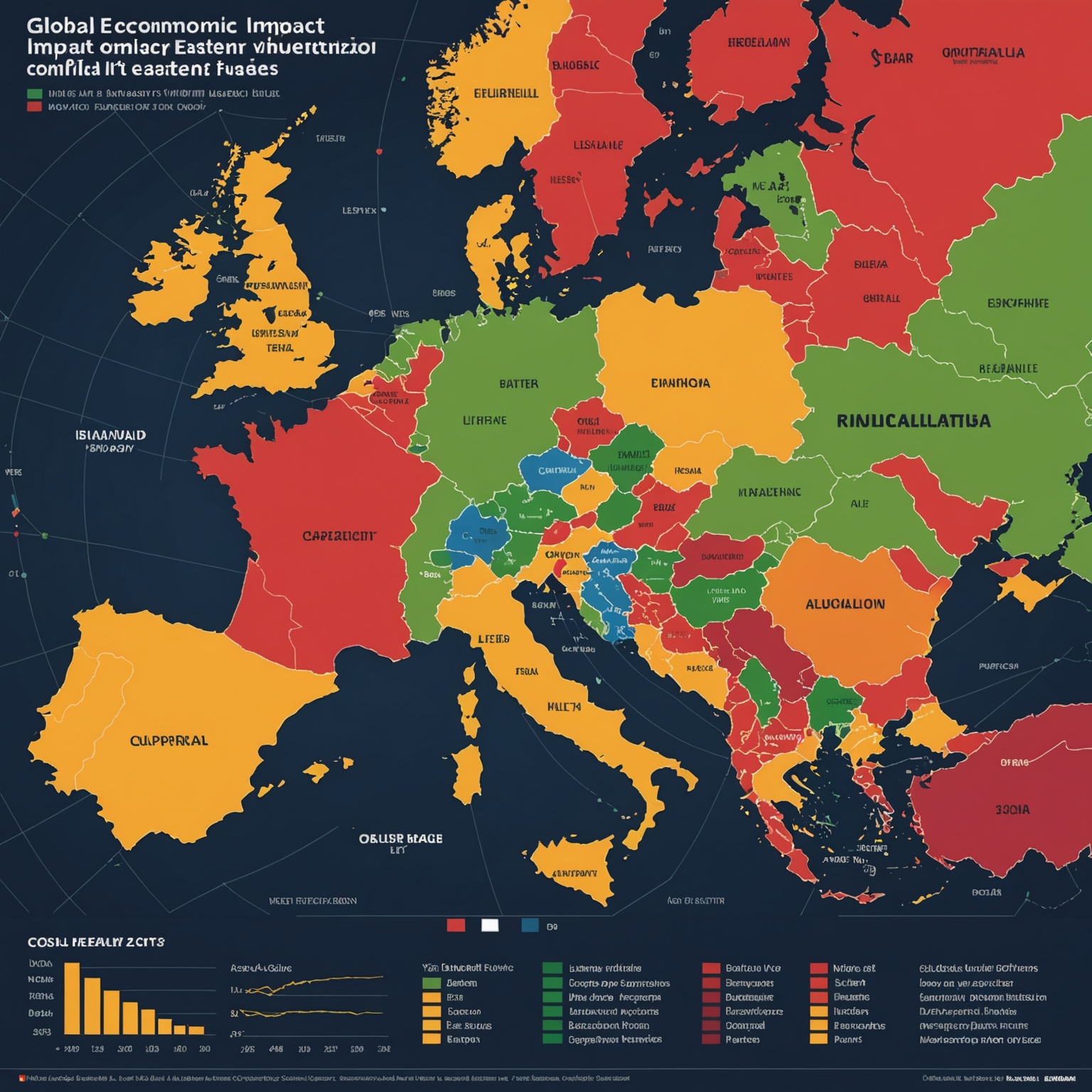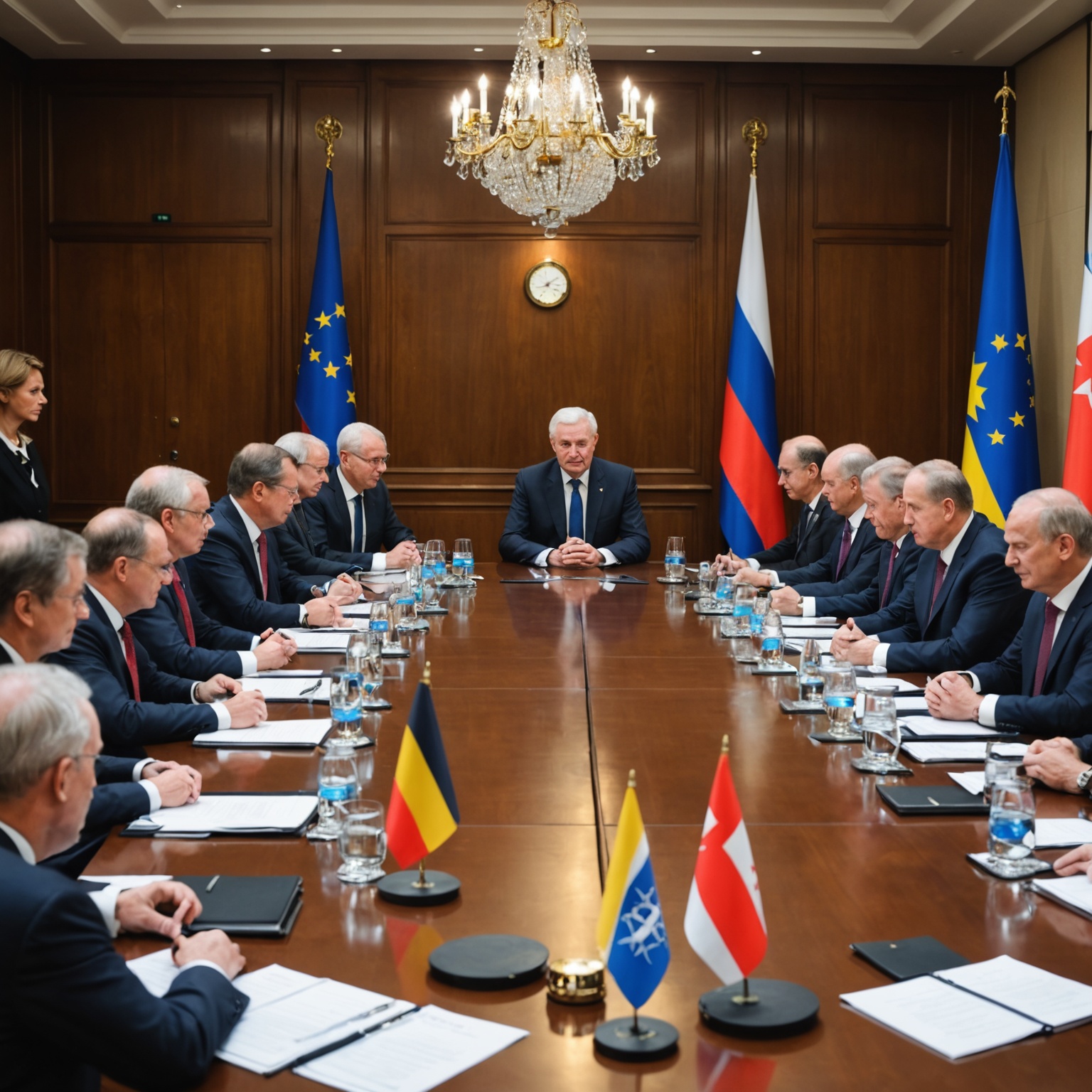Renewed Conflict in Eastern Europe Raises Global Concerns

Renewed Conflict in Eastern Europe Raises Global Concerns
The recent escalation of conflict in Eastern Europe has not only destabilized the region but also posed significant threats to global stability and security. This in-depth analysis explores the roots, ramifications, and the critical role of international diplomacy in mitigating these tensions.
Historical Context and Recent Developments
Eastern Europe has been a hotspot for geopolitical tensions for decades, influenced by its complex history and strategic importance. The recent flare-up in conflict disrupts years of relative peace and stability, prompting concerns over a potential large-scale escalation.
Understanding the historical context is essential in grasifying why these tensions have resurfaced. The region's history is marked by territorial disputes, ethnic conflicts, and foreign influence, all contributing to the current situation. Recent developments suggest a significant deterioration in previously stable relations, with increased military activities and rhetoric from involved parties.
This resurgence of conflict could potentially be traced back to unresolved issues that have been simmering under the surface for years. These include disputes over territorial boundaries, political autonomy, and the influence of major powers outside the region.

Global Impact and Concerns
The implications of renewed conflict in Eastern Europe extend far beyond its borders. The international community is particularly concerned about the potential for this conflict to affect global security and economic stability.
Economic impacts are particularly significant, with potential disruptions to energy supplies and trade routes. Eastern Europe serves as a critical corridor for energy resources and goods between Asia and Europe. Any instability in the region could lead to significant disruptions in these flows, impacting global markets and economic conditions.
Moreover, the conflict threatens to unravel the fabric of international law and order, challenging the mechanisms that have been established to maintain peace and prevent conflicts. The international community, including powerful entities and alliances, finds itself at a crossroads in how to effectively respond to these challenges while avoiding escalation.

Diplomatic Efforts and International Response
In response to the escalating conflict, a robust international diplomatic effort is underway. Nations around the world, along with international organizations, are actively seeking ways to de-escalate tensions and promote peace.
Key diplomatic strategies include negotiations, sanctions, and peacekeeping missions. These efforts are aimed at bringing conflicting parties to the negotiating table, with the hope of achieving a sustainable peace agreement that addresses the core issues at hand.
The role of international organizations such as the United Nations, NATO, and the European Union is crucial in these efforts. These bodies are working tirelessly to mediate discussions, implement sanctions where necessary, and prevent the conflict from spreading further.
Despite these efforts, the path to peace is fraught with challenges. The complexities of the political landscape in Eastern Europe, combined with external influences and interests, make the diplomatic process a delicate endeavor that requires patience, skill, and unwavering commitment to peace.







